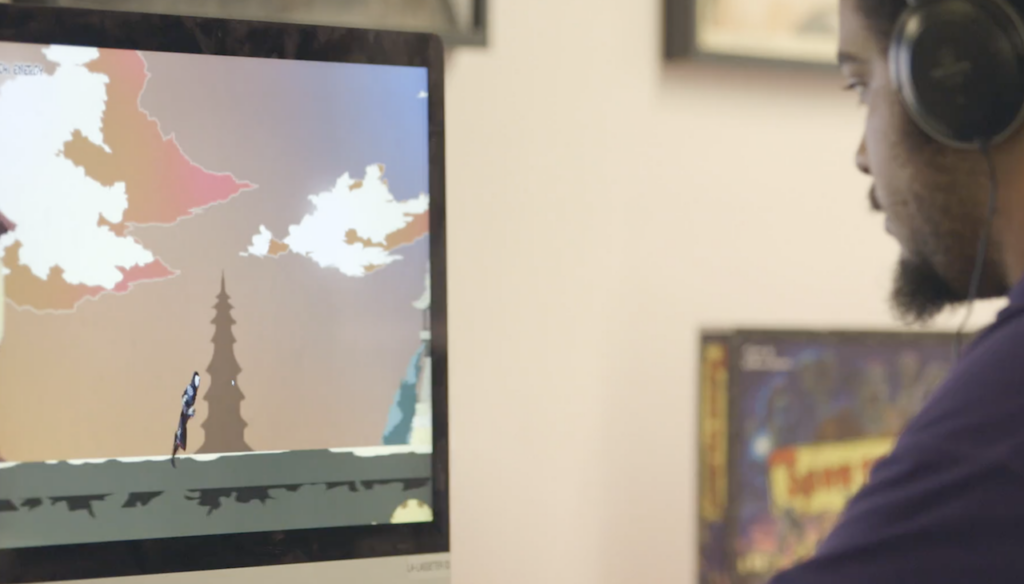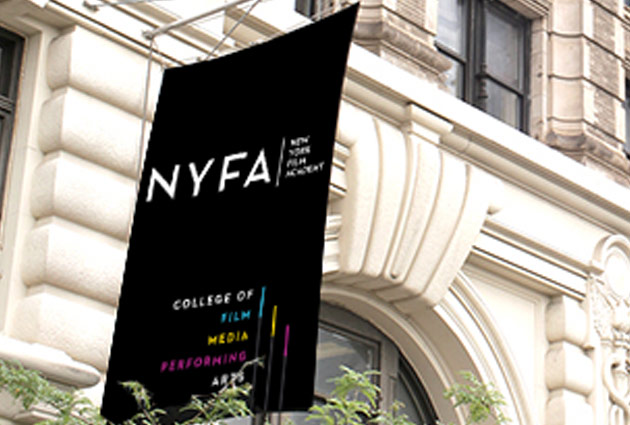At the New York Film Academy’s film school, faculty members and curriculum are focused on providing students with the real world know-how to help them achieve their goals. These achievements are the result of their hard work, perseverance, talent and circumstances. Below are some of the positions and networks in which our alumni have worked:
Hands-On Degrees, Programs and Workshops at NYFA
Game designers make use of their technical and creative skills to build immersive experiences with compelling gameplay. In the degree, certificate, and workshop programs at NYFA’s Game Design School, students are given the opportunity to develop these skills through hands-on projects, lectures, workshops, and rigorous coursework.
Under the guidance and mentorship of experienced industry designers, students learn to use sophisticated industry-standard tools and gain experience turning their ideas into playable games. In our advanced programs, students create a playable game every semester. In our short-term workshops, students build a functional game.
As NYFA strives to make education in game design and the visual arts accessible to the most diverse, international, and broadest spectrum of students, students work and study in a supportive creative setting. Upon successful completion of our game design programs, students possess a digital portfolio of games, preparing them to pursue creative goals in game design and development, animation, virtual reality, media, entertainment, and more.
Game Design Degrees
At NYFA’s Game Design School, students can choose from our graduate and undergraduate degrees at our NYFA Los Angeles campus, including Master of Fine Arts (MFA), Bachelor of Fine Arts (BFA), or Associate of Fine Arts (AFA) in Game Design.
Throughout the degree programs, students learn fundamental and advanced skills in game design and development, and create a number of original games for their portfolio.
1-Year Game Design Certificate Program
The 1-Year Game Design Certificate Program, offered at NYFA Los Angeles and NYFA New York, is ideal for students looking to build practical creative and technical skills while learning the latest technology and game design software.
In this hands-on program, students gain practical training while creating two original games.
Game Design
Workshops
The Game Design School at NYFA offers short-term workshops at our New York and Los Angeles campuses. The workshops are designed for students looking to gain introductory knowledge of visual storytelling and the fundamentals of game design. In these condensed, rigorous programs, students create a playable game. For students who wish to join virtual programs, NYFA offers a selection of online game design workshops.
- New York City
- New York City
Game Design
School Faculty
NYFA’s Game Design School has a distinguished and experienced faculty, as each member has extensive professional experience in the game design industry. Our roster of esteemed faculty members have worked at major AAA studios including Disney, Activision, Warner Bros, and Microsoft. They have also worked on several popular games – from massive online worlds, to beloved franchises such as Pokemon, Call of Duty, and Jurassic World. NYFA’s game design faculty are also well-versed in other forms of new media, and host podcasts such as Ethics & Video Games and Ludology, have written comic books such as St. Mercy from Top Crow, and have appeared in established game development textbooks.
Game Design
School Alumni
NYFA’s Game Design School strives to offer an intensive and focused education that provides practical training and hands-on experience. The achievements of any NYFA alumni are the result of their hard work, perseverance, talent, and circumstances, and many of NYFA’s Game Design School alumni have gone on to have extensive, successful experience in the game design industry, helping to develop popular games for development studios such as Playstation, UBISOFT, Microsoft, Riot Games, Electronic Arts, and Twin Crown.
Campuses
Please note: Equipment, curriculum, and projects are subject to change and may vary depending on location. Students should consult the most recently published campus catalog for the most up-to-date curriculum.















